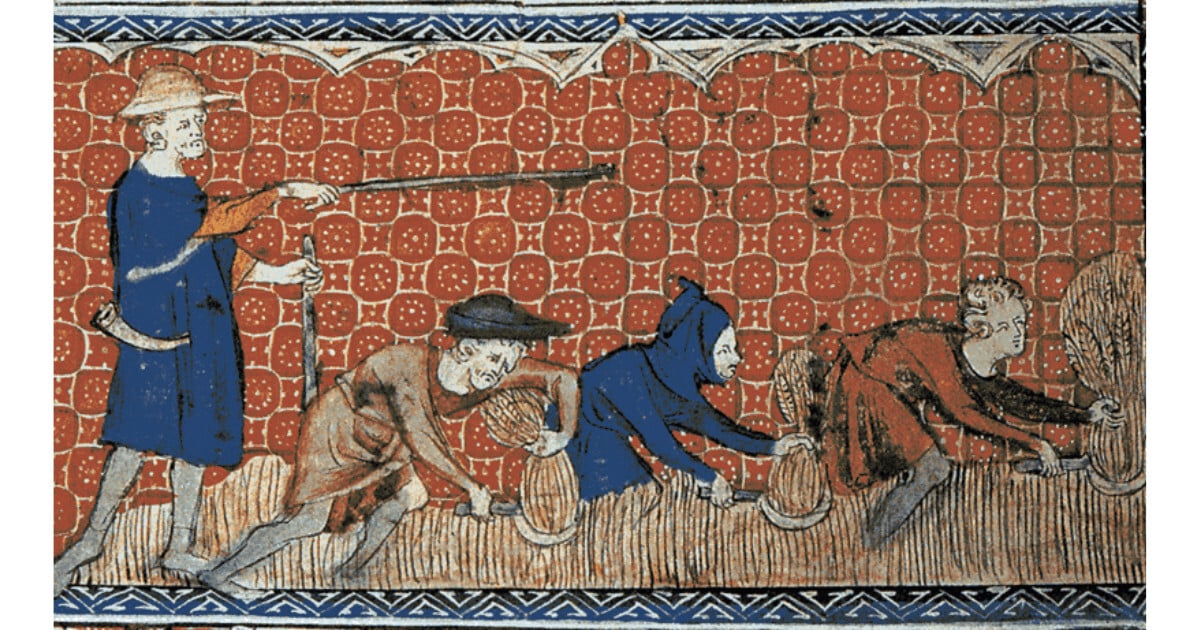Private property, state authority, the use of technology, and, of course, money broadly define the form of civilization we are used to. It is an extractive social construct whose parts came together mechanically.
| This post is part of a reading series on Stellar, by James Arbib and Tony Seba. To quickly access all chapters, please click here. Disclaimer: This chapter summary is personal work and an invitation to read the book itself for a detailed view of all the authors’ ideas. |
Extractive Governance Systems
The concept of government first emerged within the extractive context that best fitted communities at the dawn of the Neolithic agricultural revolution. Due to the inherent competitive nature of the growth imperative generated by this context,1 some form of military organization was necessary to prevent the possible violent consequences of such competition. Leadership was thus necessary to make the difficult decisions on behalf of the broader group. “This was further reinforced,” add the authors, “by the fact that, thanks to the growing surplus, individuals were now able to pursue a far wider range of interests than merely farming, increasing the need for greater organization. . . . and so began the social contract of extraction, where a core group was entrusted with power to govern, provide protection, and act in the best interests of the population. . . . The surplus that had initially created such incredible possibilities for humanity became a key tool of control for the core group tasked with governing the wider population. Where the surplus went and who benefited from it was determined by each society – at first it was stored and used for the benefit of individuals and the community, but over time the core group began to control the surplus through taxes, seizure, or ownership. The seeds of inequality that were sown right at the start of extraction, when elites first emerged, began to blossom.”

